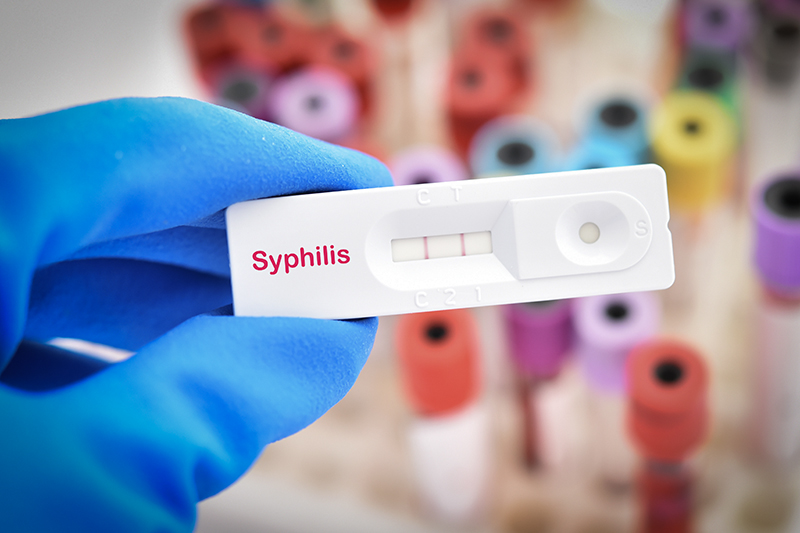Strategizing Ahead of AIDS 2012
Experts call for more comprehensive federal policies to combat HIV/AIDS to end epidemic
A panel of experts on HIV/AIDS told a room full of journalists at Tuesday media briefing that the right federal policies could essentially end the HIV/AIDS epidemic in the United States.
Held 10 days before Washington hosts the XIX International AIDS Conference, aka AIDS 2012, the July 10 briefing at the National Press Club provided a brief overview of what the experts see as the status of the HIV/AIDS epidemic and the challenges facing those who seek to overcome it.
 This year marks the first time in 22 years that the United States will host the conference of more than 25,000 delegates, due to the recent lifting of the HIV travel ban.
This year marks the first time in 22 years that the United States will host the conference of more than 25,000 delegates, due to the recent lifting of the HIV travel ban.
In keeping with the goals of the conference – namely, to share information with journalists and other activists about scientific advancements, treatments and care of HIV, and how best to move forward with specific solutions – all four of Tuesday’s panelists stressed that public policy decisions, both at the federal and state levels, were crucial to fighting the epidemic.
Ronald Johnson, vice president of policy and advocacy at AIDS United, called for full implementation of the Affordable Care Act by federal and local officials in order to increase access to needed testing, preventative care and treatment among vulnerable and low-income populations.
Johnson also spoke forcefully about the need to fight against cuts to other social health programs, such as Medicaid, Medicare and the Ryan White Program, which provides health care for low-income people with HIV. Together, those programs are estimated to be the major form of insurance coverage for nearly 80 percent of all HIV patients visiting medical offices.
”It is time to stop the political fighting and move to full implementation of the ACA – not only in Washington, but in each of the states,” Johnson said.
A. Cornelius Baker, national policy advisor for the National Black Gay Men’s Advocacy Coalition, pointed out that social programs were important to fighting HIV/AIDS because they grew out of a time when the American health system was unequipped to deal with large numbers of men who could often no longer work and were ineligible for private insurance.
Both Johnson and Baker highlighted the urgency of ensuring access to care for those infected with HIV by recounting their own experiences as men living with HIV.
”Living with HIV, it is what it is, and I’ve been fortunate,” Baker said of his experience, starting with his own infection in his early 20s. ”I’ve been privileged to be employed and get my coverage through my employer.”
But, he noted, even when he was uninsured for one year, he was able to afford the $2,000 a month to pay for his HIV medications. Most people, particularly those who are poor, cannot afford such a high price tag, thereby calling attention to the need for federal and state health care policies that both treat diseases like HIV/AIDS and provide better access to care.
”We are not our own lives,” he said, speaking of the need to seek out solutions for the well-being society at large. ”We can not live selfishly.”
Support Metro Weekly’s Journalism
These are challenging times for news organizations. And yet it’s crucial we stay active and provide vital resources and information to both our local readers and the world. So won’t you please take a moment and consider supporting Metro Weekly with a membership? For as little as $5 a month, you can help ensure Metro Weekly magazine and MetroWeekly.com remain free, viable resources as we provide the best, most diverse, culturally-resonant LGBTQ coverage in both the D.C. region and around the world. Memberships come with exclusive perks and discounts, your own personal digital delivery of each week’s magazine (and an archive), access to our Member's Lounge when it launches this fall, and exclusive members-only items like Metro Weekly Membership Mugs and Tote Bags! Check out all our membership levels here and please join us today!























